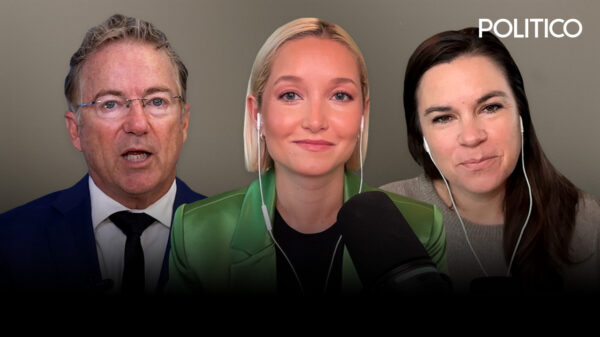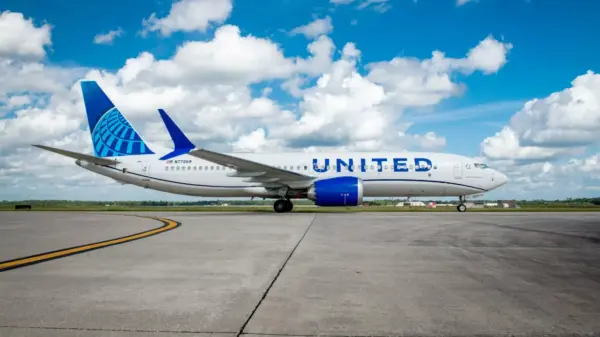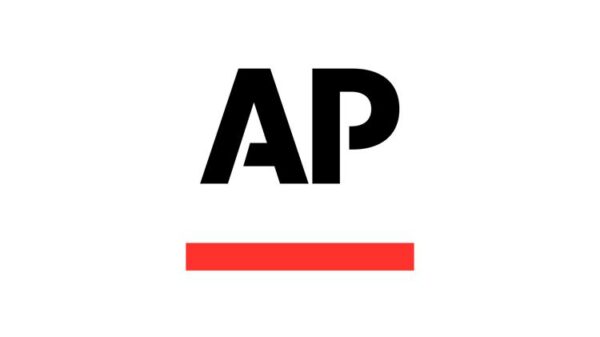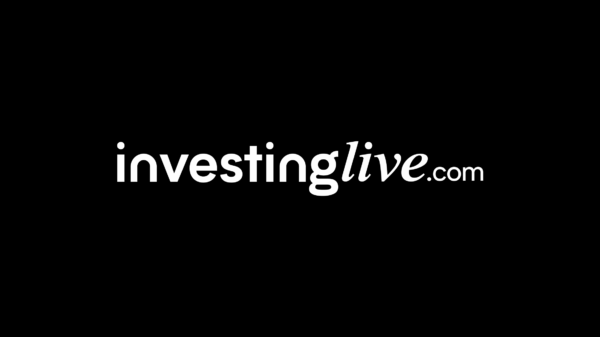A significant sales tax increase in Washington State is set to take effect on October 1, 2023, raising concerns among businesses and consumers alike. Under the new law, many services that were previously untaxed will now incur a sales tax, leading to increased costs for consumers. This measure is part of a broader financial package intended to support state expenses, including substantial pay raises for state workers.
The increase in sales tax is projected to cost nearly $4 billion over four years. For example, a teen driver’s education course that costs $650 will soon rise to approximately $715 when the new tax is applied. This change has caused frustration among parents and students who rely on these essential services.
Impact on Businesses and Consumers
The sales tax hike is not the only financial burden hitting Washington residents. A notable increase in the business-and-occupation tax rate is expected to extract an additional $5.6 billion from employers over the same period. Furthermore, various smaller tax increases will also commence, including a significant rise in the cost of the Discover Pass, which is required for access to state parks and recreational areas.
With the implementation of this law, approximately 95,000 businesses will be required to begin collecting sales tax on services previously exempt. This sudden shift is causing confusion, as many businesses are uncertain about which services fall under the new tax regulations. Guidance from the Washington State Department of Revenue is anticipated, but with only weeks to prepare, many fear they may face penalties for non-compliance.
Legislative Background and Future Implications
The sales tax increase was pushed through during the final days of the recent legislative session, leaving little time for thorough analysis or preparation. Critics, including Sen. John Braun of Centralia, argue that this chaotic process reflects poorly on the state’s leadership and prioritization of taxpayer interests. Braun’s opposition centers on the belief that the state could have maintained a balanced budget without resorting to such drastic tax increases.
As lawmakers prepare to reconvene in 2026, the Department of Revenue has indicated a desire for legislative revisions to clarify the law. However, this does little to alleviate the immediate concerns of taxpayers and businesses. The uncertainty surrounding compliance and the potential for penalties raises significant issues for those operating in the state.
The implications of this law extend beyond financial burdens; they touch on the very affordability of essential services. Many families, particularly those on lower incomes, are likely to feel the impact most acutely. The ongoing debate over tax policies in Washington State highlights a critical challenge facing lawmakers: balancing the need for revenue against the economic realities of their constituents.
In conclusion, as Washington State prepares for a series of tax increases, the repercussions for both businesses and consumers will need careful attention. The dialogue around these changes will shape the legislative landscape in the years to come, necessitating a more transparent and considerate approach to fiscal policy.




































































